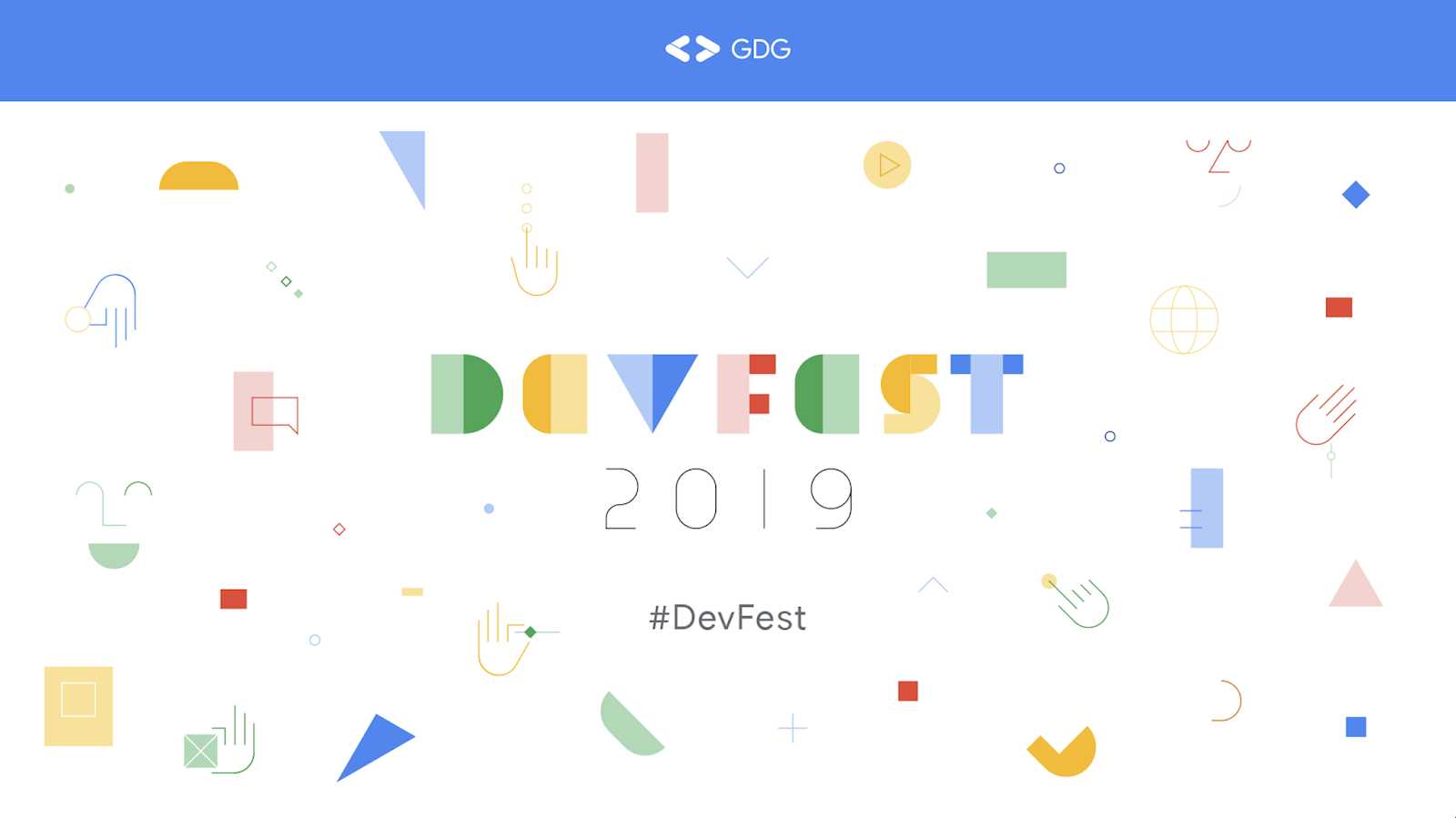Year after year, we hear from conference attendees that it's not just the content they came for, it's the connections. Meeting new people, getting new perspectives, making new friends (and sometimes hiring them!) is a big part of KubeCon Life. We want to make sure that the Kubecon community is welcoming to people from diverse backgrounds but just being welcoming is not enough: we have to actually do the work to help people get through the door.103 attendees here this week received diversity scholarships! This is the largest investment in diversity for ANY conference EVER — thanks to this incredible committee, @googlecloud, @Azure, @awscloud & @twistlockteam ?? [LIVE from #KubeCon + #CloudNativeCon] pic.twitter.com/GtxNCjb1g5— CNCF (@CloudNativeFdn) December 6, 2017
The easiest way to help people get through the door is through diversity scholarships. One of the biggest blockers to full participation in our community is just having the resources to get to the room where it happens, and a diversity scholarship—not just a ticket, but travel assistance too—helps increase participation.
Dope. @googlecloud went swagless this Kubecon and sending the funds to the Kubecon diversity scholarship for Barcelona.— Amy Codes ? (@TheAmyCode) December 12, 2018
Pretty cool instead of getting plastic.
1: Going Swagless
This Kubecon we want you to take away the really important things from the conference: new knowledge and new connections... not just another pen or plastic doodad. (Although to be fair, we will also have plenty of stickers... stickers aren't swag, they're an essential part of Kubecon!)Google prides itself on being a data-driven company, so when we need to decide where we can spend our dollars to make the most impact and do the most good for the Kubecon community, we turn to the data. We know there is an issue from the CNCF KubeCon report in Seattle 2018 reporting in 11% women (and that’s not even a complete diversity metric). Now looking at the things conference attendees have told us they value about Kubecon, we put together this handy chart to help us guide our decision-making:
| Travel + Conf Ticket Scholarship | Branded Pen | |
| Face to face learning | ✅ | ❌ |
| Career development | ✅ | ❌ |
| OSS community building | ✅ | ❌ |
| Writing tools | ❌ | ✅ |
We also need to consider externalities when we make our decisions—and going #swagless and dedicating those resources to improving the conversation and community at Kubecon has some positive externalities: less plastic (and lighter luggage going home) is better for the planet, too!
If our work to support diversity and inclusion at Kubecon has inspired you and you want to know what your org can do to participate, there is plenty of room in the #swagless tent for everyone—redirect your swag budget to D&I efforts. Shoutouts to conference organizers like SpringOne that went totally swagless this year!
2: Diversity Lunch + Hack
— Gaëlle Acas ? (@Gaelleacas) May 22, 2019Our commitment to a welcoming environment and a diverse community doesn't stop at getting people in the door: we also need to work on inclusion. Our diversity lunch and hack is a place where people can:
- Build their skills through pair programming
- Get installation help
- Do deep-dives on k8s topics
- Connect with others in the community
We welcomed 220 friends and allies in Barcelona and expect to continue the sold-out streak in San Diego (get your ticket now)!
3: Redirecting Even More
But wait, there's more! We're not just going #swagless, we're also redirecting all the hands-on workshop registration fees ($50) from Anthos Day, Anthos&GKE Lab, OSS: Agones, Knative, and Kubeflow to the diversity scholarship fund. You can build a stronger, more diverse community while you build your skills—a total twofer. (And our workshops are also walking the walk of inclusion by being accessible themselves: if you need support to attend a workshop, whether financial or physical, send us a note.4: Hiring
Also, one of the best things any company can do to drive D&I is to hire people who will help your company become more diverse, whether as a consultant to help you build your program, or as a team member who will help you bring a wider perspective to your product! Come meet a Googler at any of the activities we are doing during the week to discuss jobs at Google Cloud: g.co/Kubecon.By: Paris Pittman, Google Open Source

 Posted by Mariela Altamirano, Community Manager for Latin America with Grant Timmerman, Developer Programs Engineer and Mete Atamel, Developer Advocate
Posted by Mariela Altamirano, Community Manager for Latin America with Grant Timmerman, Developer Programs Engineer and Mete Atamel, Developer Advocate 

